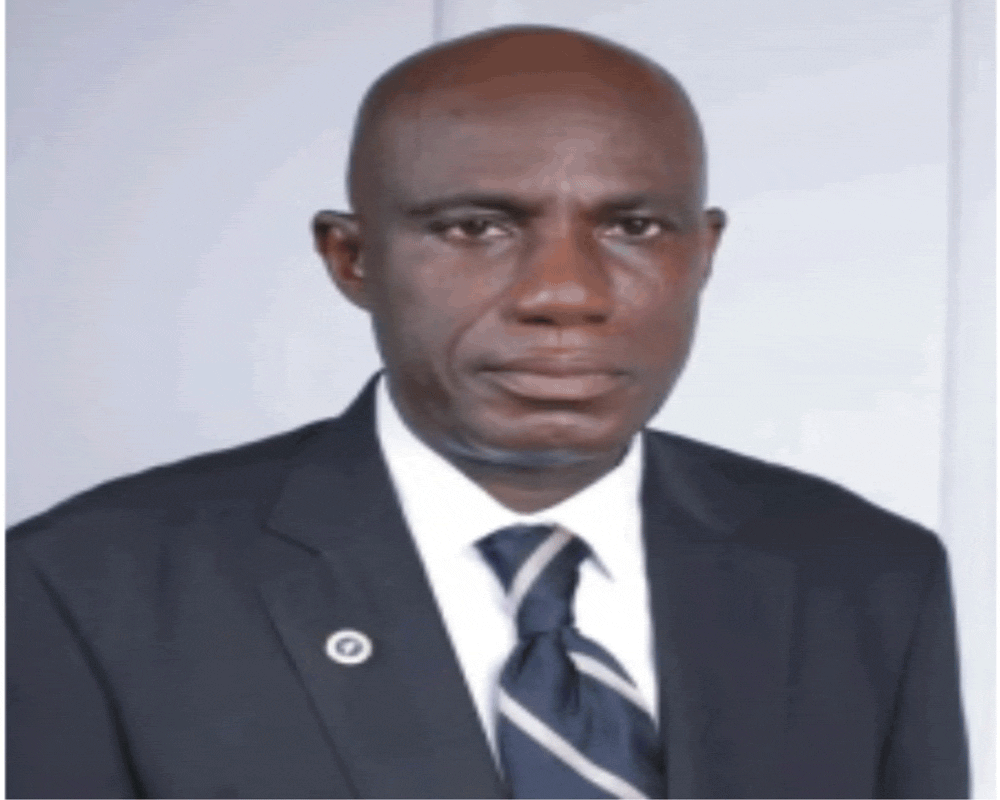We Can Supply Enough Rice Nationwide – C/River Farmers, Gov’t
Although a good number of Nigerians are complaining and blaming the Federal Government for closing the country’s borders, rice cooperatives, big-time farmers, including the Rice Farmers Association of Nigeria (RIFAN) in Cross River State are full of praises for the order.
Among the eight local government areas in the state which are predominantly, rice producers are Ogoja, Yala, Bekwara, Abi, Ikom, Obudu.
Farmers in these areas have said this is the first time the government has taken a very bold step in ensuring that local investors and farmers get real value for their investment.
They are therefore calling on the federal government to permanently keep the borders closed so that Nigerian processed rice can also be made popular and its acceptability amongst the people sustained.
Governor Ben Ayade’s administration has established the largest rice seedling and a multiplication plant in Calabar, which claims to have the capability to churn out better quality, more vitamins and nutritious rice for the entire country.
The governor commended President Muhammadu Buhari for taking the bull by the horn in banning the importation of rice. He urged law enforcement agencies to deal ruthlessly with rice cabals that dare to thwart the government’s order.
Last year, President Buhari formally commissioned the rice seedling factory and said his government will give its support to bolster its agricultural policy and encourage local rice production.
Ayade had said: “The factory is the first in Africa. It is also a seed multiplication centre, which produces high-yield, disease-resistant and vitamins rich rice seeds and seedlings.
“This facility is one of many investments made in agriculture in keeping with the commitment to decouple the state from the federal allocation through non-oil sources.”
Last week, when a Japanese group, Sasakawa African Group, which gives methodological support and empowerment to smallholder farmers in 12 African countries including Nigeria, undertook a media field tour to assess how local farmers had imbibed their training and were utilising their technical support to improve their yields, income and knowledge, the farmers spoken to said with sufficient support, they have the land from which to flood the markets with processed and high quality rice.
Sasakawa, which resumed support activities in parts of Nigeria including Cross River State in 2015, donated two rice milling and processing machines to two rice cooperatives in Ogoja, regarded as the home of rice production, and in Yala, another major rice producer.
In these two local government areas alone, there are over 300 rice farmers. In the rest of the six local government areas which produce rice in large quantities, there are over 100 individual and big-time farmers.
Some of the rice cooperatives such as Nkamero Tesmo Association in Nkamero village in Bansara community in Ogoja LGA of the state, Paradise Ideal Farms and Okomaya ACAI Farmers Multipurpose Cooperative Society, in Ikom, have come out to decry importation of rice at the detriment of efforts of local farmers such as themselves.
Chairman of Tesmo Association, Mr. Gregory Eworo, said: “The only challenge we had was the lack of milling and processing machines which made a teeming number of our members in the state to troop to Ebonyi and other nearby states for the service.
“But now we no longer travel far distances with tons of our produce at great cost because Sasakawa has afforded us the machine at no cost. A good number of farmers and members now patronise us. With the vast lands owned by our members, for instance, we can meet the demands in much of the South-South states if we have more of such machines, patronage and markets, which is our major headache.”
Eworo expressed anger that when they used to take their rice to process in Ebonyi State, the millers would bag the rice and label it ‘Produced in Ebonyi’.
“We were not happy with the Ebonyi rice millers for claiming that the rice my members and other farmers in the state toiled hard to cultivate and harvest was produced in Ebonyi; all that was because we did not have our rice milling and processing machines.
“With time, we will stamp the origin of our rice on our bags. Our village and farmers are happy with Sasakawa for donating the machines to us. They have helped us a lot except that attracting market is now the problem.
“With the mill provided by Sasakawa, no one will easily know that the rice processed here is our local rice. With this high quality, we can fill the gap created by the ban on foreign rice and closure of the borders,” Eworo said.
He listed electricity and de-stoner machine as what they needed to help separate sand from the rice, making it near perfect and better than the foreign variety.
A big-time farmer, Mr. Fidelis Momfem, said he has large hectares of rice farms in the community, adding “I and other farmers produce in large commercial quantities. We can supply rice round Nigeria if we are supported.”
In Nyanya Izigwe, another major rice-producing community in Bekwara LGA where, with the support of the Federal Ministry of Agriculture and Sasakawa providing inputs and technology, rice demonstration farms are blossoming, the farmers have a slogan: ‘We Rebuild Nigeria With Rice’.
Most members of the community are engaged in rice farming and said they apply the NPK fertilizer alongside employment of other methodologies taught by extension officers and Sasakawa officers.
Mr. Abu Thomas, who has two hectares of rice farm in Bekwara said they are 30 in their group and have enjoyed support from Agric experts but that they need more input. “We need this variety of rice and will continue with the programme of Sasakawa,” they said.
Country coordinator of Sasakawa, Prof Sani Miko, disclosed that they donated two of the mills which are capable of polishing rice and milling it such that it would be difficult to know it was local rice.
He urged farmers to ensure maximum use of the machines to encourage his association to donate de-stoner machines that will help to remove stones from the processed rice.
He also advised them not to rely on the government to supply all their needs, but pool their resources together and popularise their efforts to market and attract investors.
Prof Miko said he could see how determined and enthusiastic rice farmers in the state were. “As such, we are going to do more business training and group dynamics to boost their knowledge, yields, adaptation and attraction of wider markets for the local rice,” he said.
The South-South vice chairman of RIFAN, Emmanuel Anoh, buttressed the claims by the Cross River rice farmers that they can flood the country with rice. “I can vouch for that claim. There are big-time and committed rice investors and farmers in the state. The tons of rice cultivated and harvested seasonally is huge,” he said.
He praised the Buhari’s administration for banning foreign rice, saying that will strengthen local farmers, and impact the economy to such extent that it can become a goldmine.
“The policy is a welcome development and will certainly transform rice production in Nigeria and attract migration back to the rural areas,” he said.
Source: https://www.dailytrust.com.ng/we-can-supply-enough-rice-nationwide-c-river-farmers-govt.html



